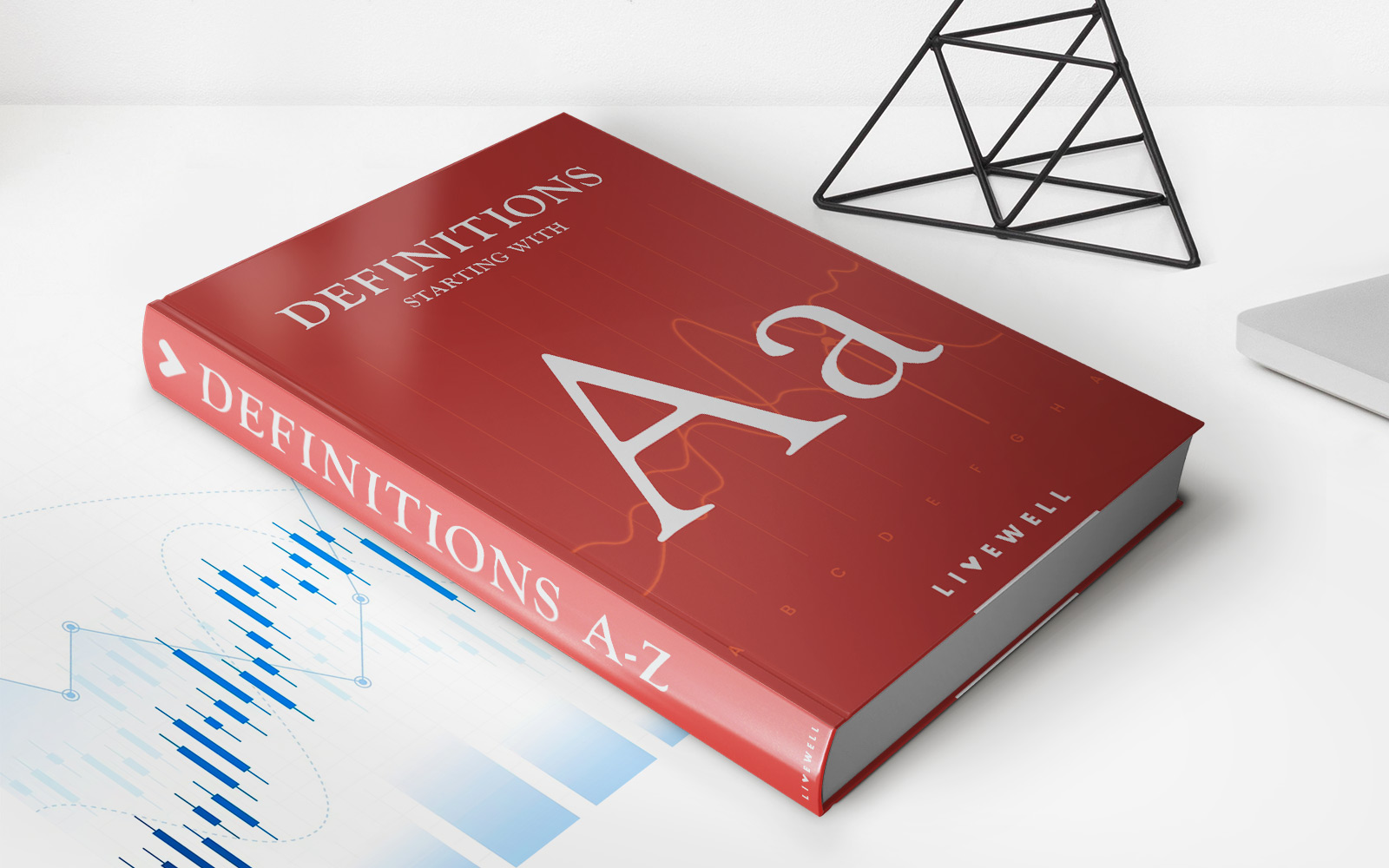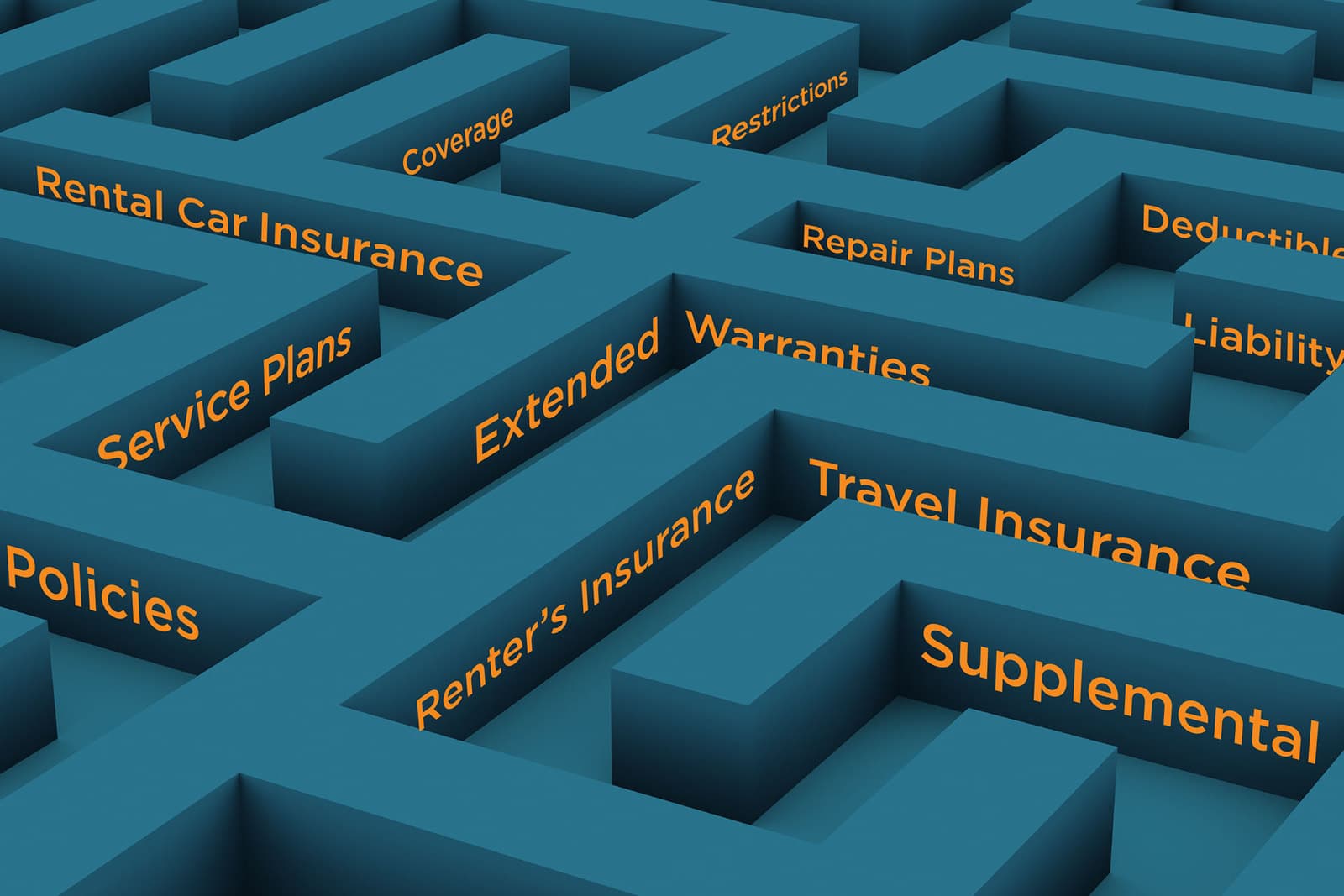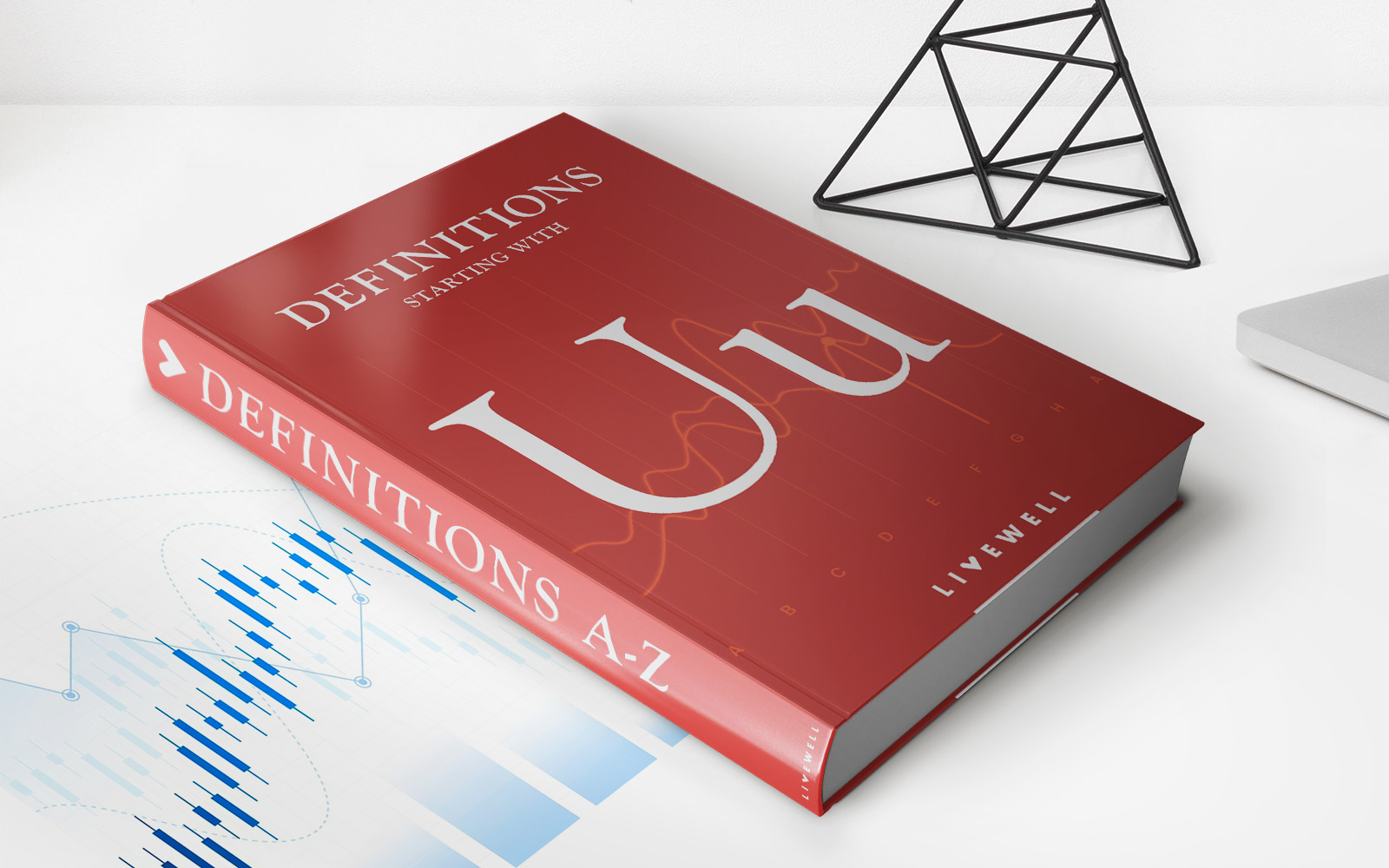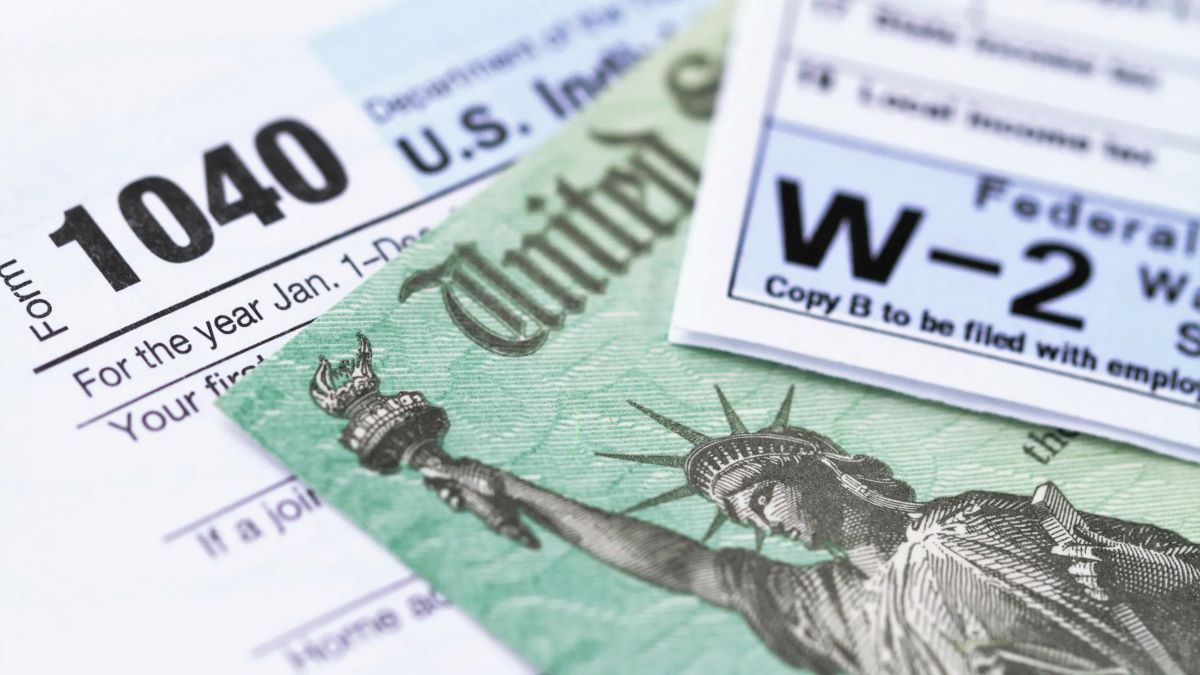Home>Finance>What Is Hurricane Insurance? Definition, Coverage, And Costs


Finance
What Is Hurricane Insurance? Definition, Coverage, And Costs
Published: December 6, 2023
Learn about hurricane insurance and its definition, coverage, and costs. Protect your finances with comprehensive coverage against hurricane damage.
(Many of the links in this article redirect to a specific reviewed product. Your purchase of these products through affiliate links helps to generate commission for LiveWell, at no extra cost. Learn more)
Understanding Hurricane Insurance: Protection Against Nature’s Fury
When it comes to safeguarding our homes and possessions, insurance plays a vital role in providing peace of mind. While there are various types of insurance available to protect against different risks, one that often comes to mind for those living in hurricane-prone regions is hurricane insurance. But what exactly is hurricane insurance, and what does it cover? Let’s explore this important topic to help you better understand its definition, coverage, and costs.
Key Takeaways:
- Hurricane insurance provides coverage specifically for damages caused by hurricanes.
- The coverage typically includes protection for both the structure of the property and its contents.
Definition of Hurricane Insurance
Hurricane insurance is a type of property insurance specifically designed to protect homeowners and property owners against the damages caused by hurricanes. It provides coverage for both the structure of the property (dwelling) and its contents, ensuring that individuals can recover and rebuild after the devastating effects of nature’s fury.
Coverage Provided by Hurricane Insurance
Now that we understand what hurricane insurance is, let’s delve into the coverage it provides. Here are the key aspects typically included in a standard hurricane insurance policy:
- Property(Dwelling) Coverage: This protects the physical structure of your home or property against damages caused by hurricane-force winds, including roofs, walls, and other structural elements.
- Contents Coverage: This covers the items inside your property that may be damaged or destroyed due to a hurricane. This includes furniture, appliances, electronics, and personal belongings.
- Additional Living Expenses: In the unfortunate event that your home becomes uninhabitable due to a hurricane, hurricane insurance may also cover the cost of temporary living arrangements such as hotel stays or rental accommodations.
- Detached Structures: Some hurricane insurance policies may also offer coverage for other structures on your property apart from your main dwelling, such as garages, sheds, or fences.
- Debris Removal: In the aftermath of a hurricane, there is often a significant amount of debris that needs to be cleared. This coverage helps with the cost of removing fallen trees, branches, and other debris from your property.
- Loss of Use: If a hurricane renders your property uninhabitable, this coverage can compensate for the loss of rental income you would have otherwise received.
Factors Affecting the Cost of Hurricane Insurance
When it comes to the cost of hurricane insurance, several factors can influence the premiums you pay. These factors may include:
- Location: Properties located in high-risk hurricane zones generally have higher insurance premiums.
- Construction Type and Materials: The materials used in the construction of your property can impact the cost of insurance. Properties built with materials that are more resistant to hurricane damage may have lower premiums.
- Deductible Amount: The deductible is the amount you must pay out of pocket before your insurance coverage kicks in. Choosing a higher deductible may lower your premiums.
- Home’s Value and Coverage Level: The higher the value of your property and the coverage level you choose, the higher your insurance premiums will be.
- Claims History: If you live in an area prone to frequent hurricanes and have made numerous claims in the past, it may increase your insurance costs.
- Available Discounts: Some insurance companies offer discounts for specific home features or safety measures, such as impact-resistant windows or storm shutters.
Ensuring Adequate Protection
To ensure you have adequate protection against hurricanes and their aftermath, it’s crucial to carefully review the terms and conditions of your hurricane insurance policy. Understand the coverage limits, deductibles, and any additional endorsements that may be available. Additionally, regularly reassess your insurance needs and speak with a qualified insurance professional to determine if any changes or updates are necessary.
Conclusion
Hurricane insurance is a critical component of protecting one’s home and belongings against the destructive forces of hurricanes. By understanding its definition, coverage, and costs, homeowners and property owners in hurricane-prone areas can make informed decisions to secure their financial future and piece of mind. Remember, exploring different insurance options and finding the policy that best meets your needs is always the first step towards comprehensive protection.














